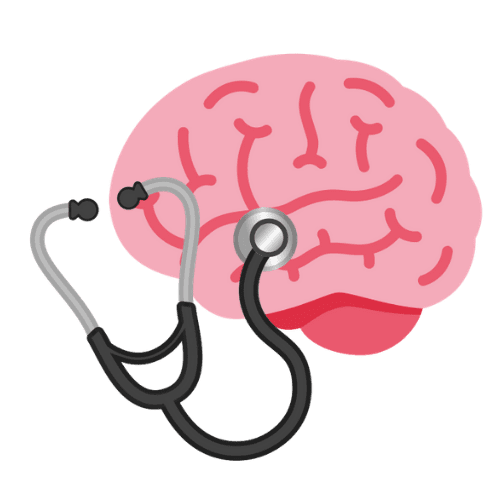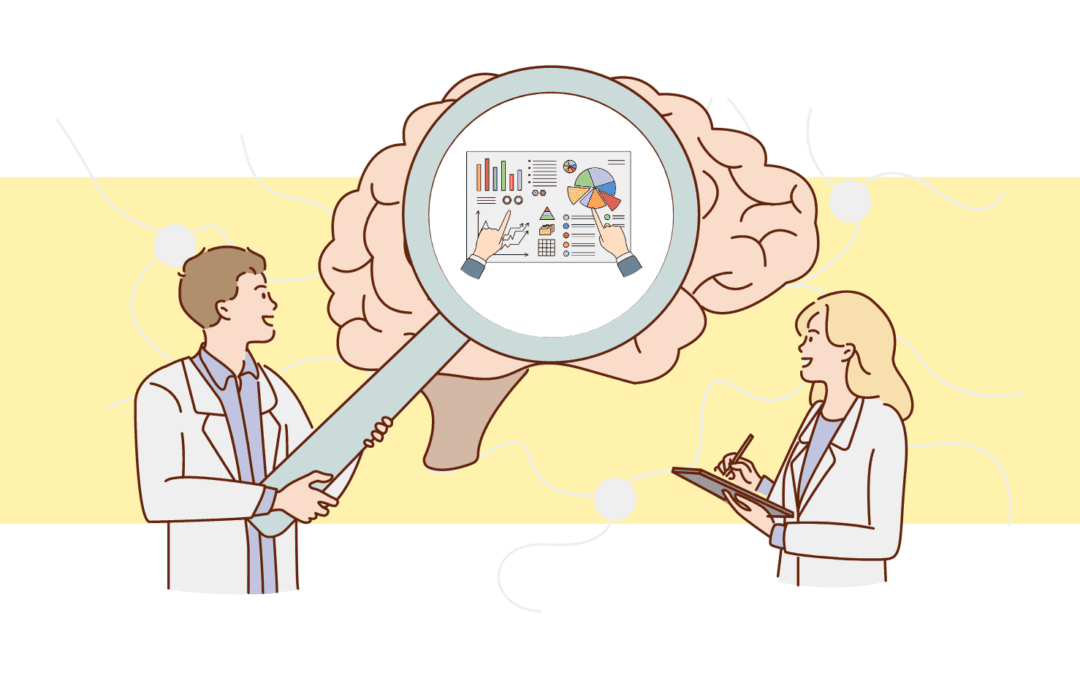A set of cognitive skills used to control one’s thoughts and behavior, especially the skills needed to focus on and organize tasks.
Dictionary.com
Executive functioning is how we decide what to do, and how to do it. We need these skills to learn, work, and just generally live. Your executive functions help you handle your emotions, watch cat videos, and decide what to have for dinner. Essentially, it’s the management system of our brains.
So… how does executive functioning relate to ADHD?
If you have an impairment of your executive functions, you might:
- Struggle to effectively manage your time
- Have trouble starting tasks, and frequently procrastinate
- Often get distracted
- Struggle to switch focus from one task to another
- Find it hard to organise, plan and prioritise
- Have problems managing frustration
- Forget things you’ve just heard or read
- Feel unable to stop yourself saying or doing the wrong thing
- Be unable to multitask
- Have difficulty keeping track of your belongings
- Fixate on negative emotions
- Have difficulties motivating yourself
If you’ve ever read a list of symptoms of ADHD, the problems above may sound familiar to you.
ADHD is a biological and developmental disorder that impairs your executive functions. It’s important to note that you can have problems with executive functioning, and not have ADHD, but most people with ADHD experience executive function impairment.
Executive function is thought to be largely controlled in the prefrontal cortex of the brain, where the neurotransmitter dopamine plays a big role in regulating it. People with ADHD have dysfunctional dopaminergic systems, which put simply, results in them not having enough dopamine.
Think of it like this – executive functioning is a car, and you need fuel to run the car. The fuel is dopamine, and you don’t have enough of it.
Is the car going to run?
Why is executive functioning important in ADHD?
Trouble with executive function is a hallmark of ADHD, but it can also be a sign of other things, such as depression. This is why it’s often not identified as ADHD, or put down to laziness or a lack of effort for too long.
Executive function impairment isn’t something we can brush over or ignore. Because these skills are so essential to life in the modern world, a problem with them usually translates into problems with work, school, and your relationships.
How can I improve executive functioning?
If you think you might be struggling with executive function skills, research ADHD and see if it sounds like you. The NHS website, and ADDitude magazine are great places to start, as is #ADHD on Twitter.
It’s not all bad news – executive functioning can be improved. Medication can help, if you do have ADHD. Coaching and cognitive behavioural therapy (CBT) are also popular options.
You don’t have to just put up with it. Executive functioning impairment is in no way a reflection of how much you want to do things – it is a neurobiological problem that you didn’t choose to have.
If you’re interested in learning more about the science behind ADHD, and decoding another common term, you can read my post about working memory and ADHD here.

